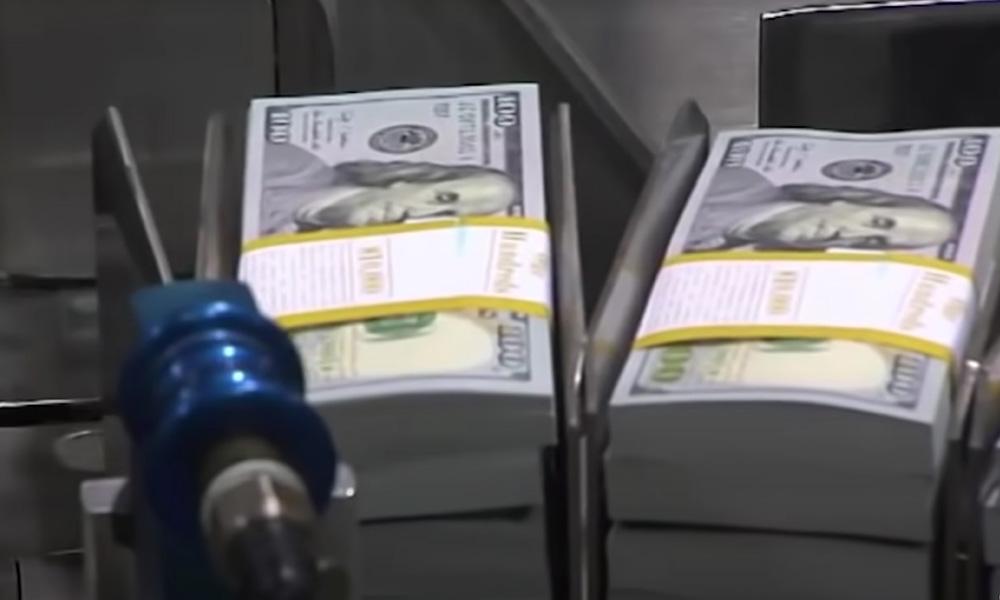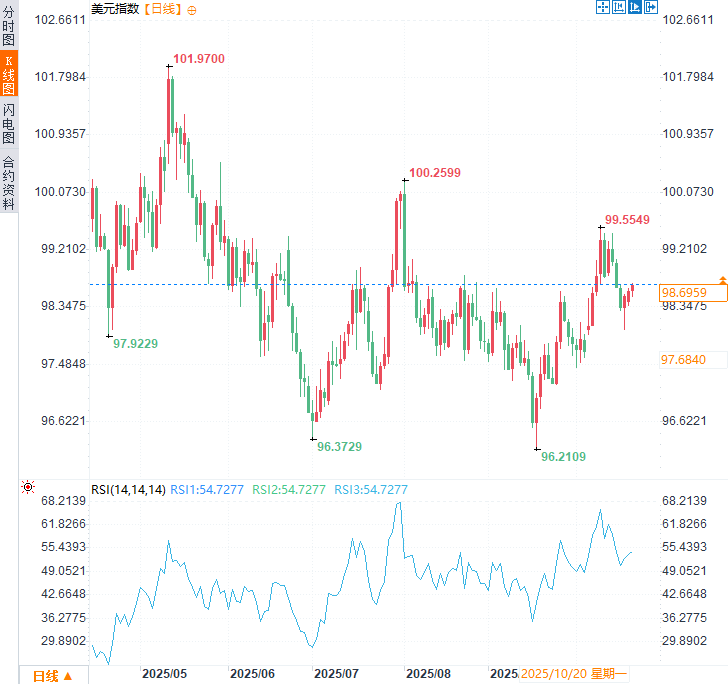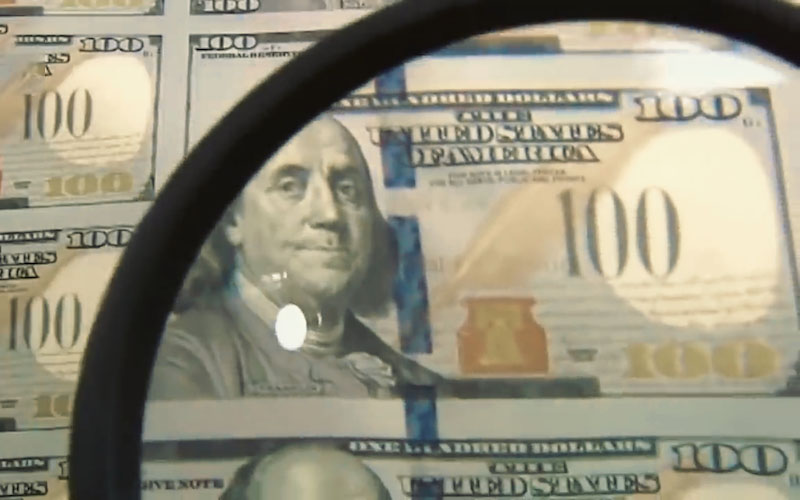The US shutdown enters its 21st day! The fierce bipartisan struggle is quietly poisoning the US dollar
2025-10-21 11:38:20

The Senate voted 50-43 to reject a stopgap appropriations bill from the House of Representatives (which required 60 votes to pass) that would have funded the federal government through November 21. Democratic Senator Catherine Cortez Masto of Nevada and independent Senator Angus King of Maine were the only two lawmakers to break party lines and vote to advance the bill. Senator John Fetterman (D-Pa.) did not vote.
According to CCTV, as the shutdown continues, the negative impact on American society continues to expand, impacting multiple sectors, including tourism and small businesses. Furthermore, the shutdown has led to national park closures, flight delays and cancellations, and other issues. The U.S. Travel Association estimates that the tourism economy is losing approximately $1 billion per week, while the White House Council of Economic Advisers estimates that the shutdown will cost the gross domestic product approximately $15 billion per week. If the shutdown continues, the cumulative impact on American households, small businesses, and the economic market order could be even more severe.
The two parties blame each other, and the prospects for a solution remain slim.
Republican leadership and the White House expressed optimism on Monday that the government shutdown could end soon after the "Kingless Weekend" protests. But Democrats have repeatedly denied their shutdown stance is linked to the protests, and there is no sign that lawmakers are close to reaching a solution.
Instead, Senate Majority Leader John Thune and Minority Leader Chuck Schumer traded barbs ahead of a floor vote Monday night.
"Democrats have made it clear they don't care what the shutdown costs anyone," Senate Republican Whip John Thune said on Monday. "While they used to claim to have the public's interests at heart... now that it suits their political calculus, they're jumping on the bandwagon for a shutdown."
Senate Majority Leader Chuck Schumer hit back, saying: "Republicans seem happy not to work, not to negotiate, and even happier to watch health care costs soar for more than 20 million working and middle-class Americans."
Bipartisan groups of senators are discussing next steps after the government reopens, including a potential vote on extending subsidies for the Affordable Care Act, which are due to expire at the end of the year. However, these negotiations have failed to make substantial progress amid the government shutdown.
Republicans are trying to increase pressure on Democrats to change their strategy. Senator John Thune introduced a Department of Defense funding bill last week, but it failed to advance due to Democratic opposition. He may call for a second vote on the bill in the coming days.
Later this week, Republicans will also force a vote on a bill that would allow some federal employees and military personnel to continue receiving pay during the shutdown. But Democrats are now expected to block that bill as well, fearing it would give Trump and White House Budget Director Russ Vought the power to selectively pay only favored employees while furloughing others.
Monday night's vote came before Senate Republicans were scheduled to attend a White House luncheon later on Tuesday, where Trump was expected to thank them for remaining united during the government shutdown crisis and push for the confirmation of his numerous nominees.
Short-term support for the US dollar cannot hide long-term concerns
The government shutdown and the political deadlock behind it will provide weak and unstable support for the US dollar in the short term through market risk aversion . It will temporarily mask its long-term damage to the US economic fundamentals and fiscal credibility by creating short-term capital inflows brought about by panic.
The US dollar index rose slightly in the Asian session on Tuesday, up about 0.09%, continuing the mild rise in the previous two trading days.
But in the medium and long term, it exposes and may exacerbate deep-seated risks in U.S. fiscal governance, which poses a significant long-term negative impact on the international status of the U.S. dollar .
The market should be wary of the risk of a pullback after the risk aversion sentiment subsides, and realize that the continued dysfunction of US political functions is sounding the alarm for the long-term status of the US dollar as the global reserve currency.

(Daily chart of the US dollar index, source: Yihuitong)
At 11:37 Beijing time, the US dollar index is currently at 98.70.
- Risk Warning and Disclaimer
- The market involves risk, and trading may not be suitable for all investors. This article is for reference only and does not constitute personal investment advice, nor does it take into account certain users’ specific investment objectives, financial situation, or other needs. Any investment decisions made based on this information are at your own risk.





















